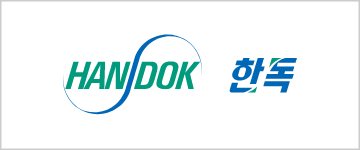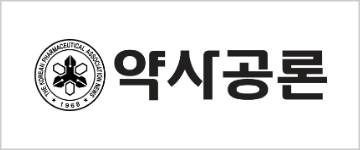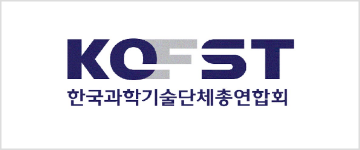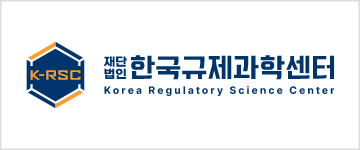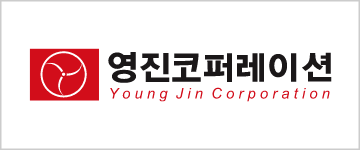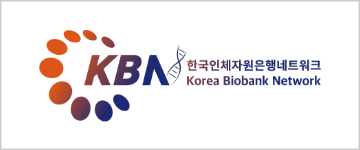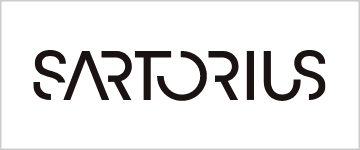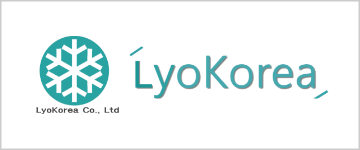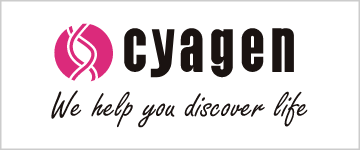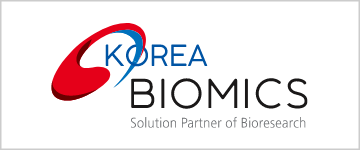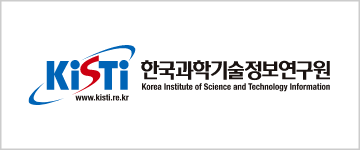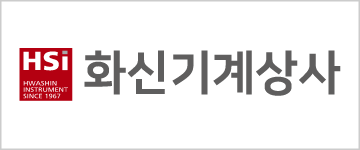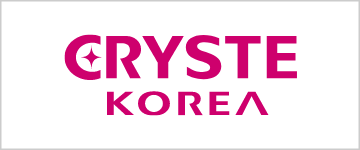2025 Fall
International Convention of PSK
2025 CONVENTION
Abstracts
Tenovin-1 ameliorates inflammation and fibrotic progression in a high-fat diet-induced mouse model of Non-Alcoholic Steatohepatitis
- Haeun Lee1, Yun Jeong Song1, Yeon Ho Kang1, Hyun Ji Noh1, Hyung Sik Kim*1, Tian Zheng1
- 1School of Pharmacy, Sungkyunkwan University
Non-alcoholic steatohepatitis (NASH) is characterized by hyperlipidemia, inflammation, and progressive hepatic fibrosis. Previous studies have suggested a role for Sirtuin (SIRT) inhibition in the attenuation of liver fibrosis. In this study, we investigated the protective mechanism of Tenovin-1, a dual SIRT1/2 inhibitor, in a high-fat diet (HFD)-induced NASH model. Zucker diabetic fatty (ZDF) rats were fed either a normal chow diet or an HFD. HFD-fed rats were randomly assigned to continue the HFD for 21 weeks or to receive Tenovin-1 (45 mg/kg, twice weekly) in combination with HFD. Livers of HFD-fed rats exhibited hepatocellular ballooning, macrovesicular steatosis, portal vein enlargement, and diminished hepatic artery structure, accompanied by increased lipid accumulation. Serum levels of AST, ALT, triglycerides, and total cholesterol were significantly elevated in HFD-fed rats. Tenovin-1 treatment markedly ameliorated these hepatic injuries and reduced serum levels of pro-inflammatory cytokines (IL-6, TNF-α, and IL-1β). Furthermore, Tenovin-1 decreased oxidative stress markers (SOD, CAT, and MDA) and downregulated fibrotic proteins (α-SMA, fibronectin, and collagen I). Mechanistically, Tenovin-1 suppressed the expression of STAT3, AKT, and GSK3β in HFD-fed rats. Collectively, these findings demonstrate that Tenovin-1 mitigates hepatic inflammation, oxidative stress, and fibrosis in HFD-induced NASH, suggesting that pharmacological inhibition of SIRT1/2 may represent a promising therapeutic strategy for NASH.
Q&A
- There are no registered questions








